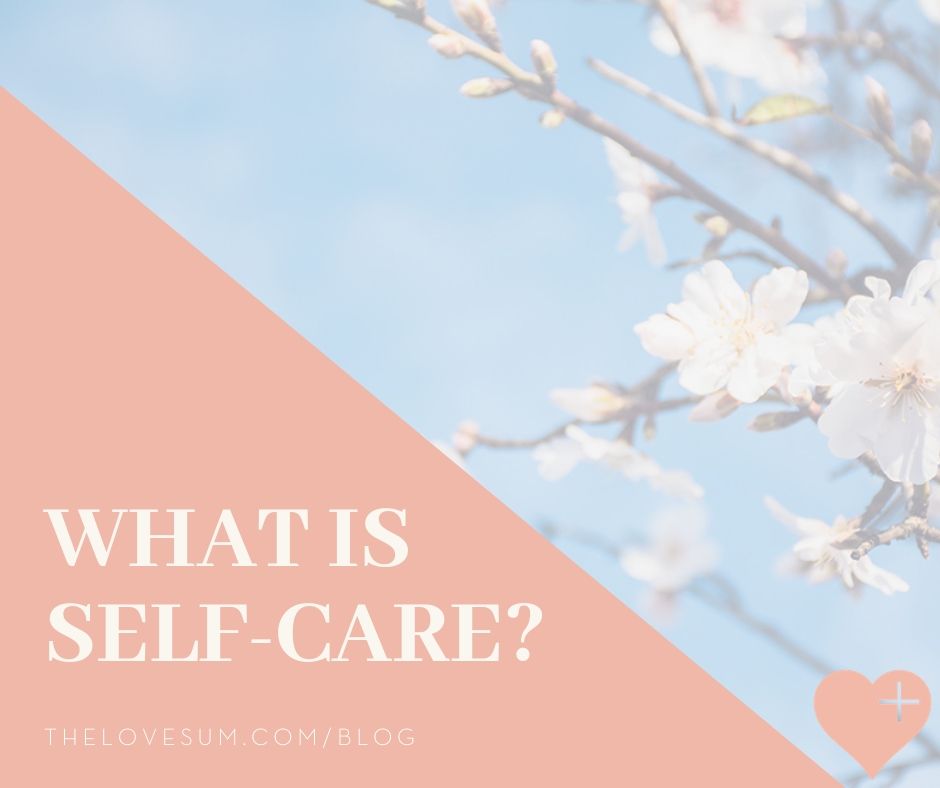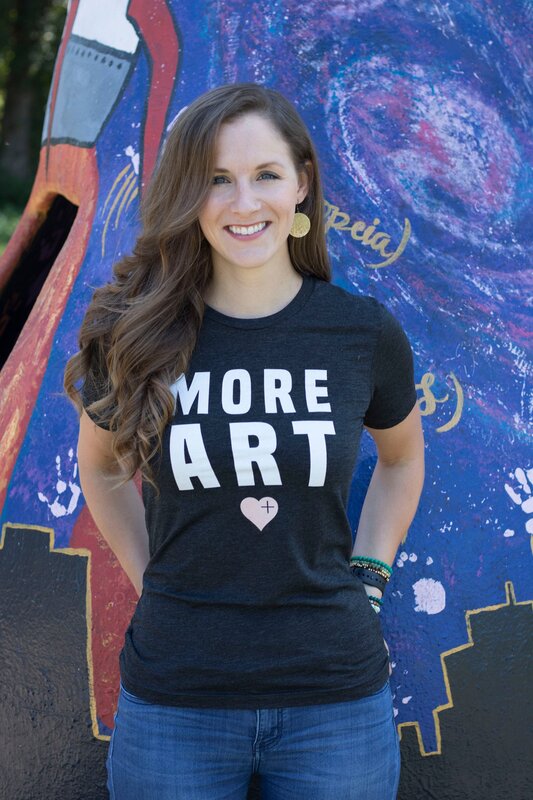|
The topic of self-care can bring up a lot of feelings for people. We can feel overwhelmed with choice. How do I practice self-care? I see everyone talking about yoga and meditation and massage and watching the sunrise, but ugh… it’s all just too much. We might feel guilt about taking time for ourselves instead of doing something for others. There are too many other people that need me right now. I don’t have time to do something for myself. I’d rather contribute to the wellness and happiness of others. It’s the right thing to do. We also might feel frustration and like we’re not doing enough already. When I see the list of self-care ideas it just makes me feel bad. I feel like I’m doing so much already, and then this just reminds me of one more thing I’m not doing well enough. It’s so frustrating. We might also feel the stress to add one more thing. I’m already stretched thin and could not possibly add one. more. thing. How does anyone do it? Are they just neglecting all the other things they have to do in the name of “self-care?” Do any of these thoughts resonate with you? It’s a lot. I get that. It also doesn’t have to be. Self-care is a buzzword and so many people have ideas and tips and tricks and tools and programs about all the ways that you *should* be doing it. It can feel frustrating, stressful, overwhelming, and discouraging. I want you to know that you’re not alone in feeling all of those things. I also want you to know that it doesn’t need to be so complicated. Your self-care can be simple. It can meet you right where you are and point you in the direction of where you hope to be. My goal is to provide you with some relief that your self-care does not need to be fancy, cost a bajillion dollars, or occupy 6 precious hours of your day. You can cultivate a self-care plan that feels peaceful and aligned with your values. What works for you might not work for someone else. It is in our own power to choose what is best for us. Helpful Guidelines to Simplify "Self-Care"1. Find or create your own working definition of self-care that fits your values and lifestyle. Simply put, the primary goal of self-care is to improve and maintain one’s wellness. The key is to find your own working definition of self-care that fits with your values and lifestyle. Having your own definition of what self-care is for you will serve as your “north star” when making decisions about what activities, thoughts, and behaviors are helpful and supportive of your overall wellness. Here are some various definitions of self-care:
Take some time to think about what your own definition of self-care might be. Use this as a starting point and know that it can (and will) change! 2. Self-care does not look the same for everyone. If we each have our own working definition of self-care, the actions we take will also look different for each of us. By first defining what self-care looks like for ourselves, it helps us feel less guilty about not doing enough when hearing about others at their yoga classes, doing daily meditation, and sipping on their green smoothies. All of those things might fit into your self-care plan, but they also might not. Knowing what your own goals are helps you be more resilient in the self-care comparison game and helps you stay authentic and accountable to your own needs. 3. Your self-care will change throughout your life. As the seasons change, we swap out our wardrobe for what our needs are in that moment. A winter coat in the hot summer does not serve me! Self-care is like our wardrobe; it will need to change throughout the many seasons of our lives. For me in this season of my life, long bike rides and working out at the gym are an act of physical and mental self-care, but when I am in my 80s those activities might need to be modified to fit my future needs. Think back to when you were younger. What were your needs then? What were your go-to activities that filled up your soul cup? Some of your needs and favorite activities very well might be the same as they are today, and some of them may have changed drastically. It is important that we are compassionate, realistic, and honest about our current needs, not clinging to the way things were before, or projecting into a place where we haven’t yet arrived. Your self-care should meet you right where you are and point you in the direction of where you hope to be. Once you have your working definition of self- care -- understanding it will look different for each person and change over time -- then you can start exploring acts of self-care that fit with your needs and goals. I'd love to hear from you. How did this post contribute to your understanding of self-care? Did anything change for you? Are you clear about what self-care means for you?
Share a comment below or send me a message!
0 Comments
Your comment will be posted after it is approved.
Leave a Reply. |






 RSS Feed
RSS Feed
